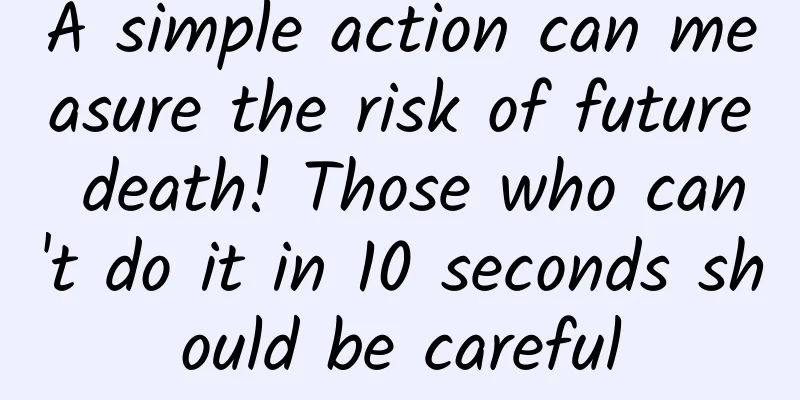What are the common characteristics of awesome founders?

|
I have thought about starting a business three times in my life. After leaving Stanford, 16z and Imgur, I felt that it was time. However, every time I look through my list of ideas, I can always find reasons for the idea that "none of the ideas are feasible". Sometimes I don't even bother to find a reason, just hum. My latest attempt, which took place a few months after I left Imgur, was a struggle. Everything seemed to need a lineup: great partners, potential first employees, funding, and a promising idea. I kept looking for that one-shot deal, but it never came. Now I was questioning my core identity as a future founder. I've seen headlines about funding rounds and thought, "How did she get that much money?" and talked to other founders about the stupid things they spent three years doing. How did they get people to click through? Did they not have true conviction when they did this? Or were their audiences more easily persuaded than I was? Or worst case scenario: maybe I don't look like a founder? I wondered what would keep me going, as I had lost all motivation after my co-founder quit. How could I tell if I had what it took to make my idea a reality? That’s what Noam calls “grit.” “Follow what you love” turns out to be meaningless advice. You can be passionate about building a team or closing a sale, but when you run out of money and your best employees leave, horses, makeup, or food may not prove to be that interesting. Alok once told me that passion comes from success, and I think that's true. You need to build up a base of customers who want nothing more than a little more functionality from your product. It's very motivating to see numbers going in the right direction. But before you are sure that you are on the right path, how do you determine the direction? If you choose a big challenge, it will be hard to figure out where to start; if you choose a small challenge, it will be very difficult to imagine how to make it bigger and stronger; if you choose a challenge that is of great significance, no one will think you can succeed; if the challenge is insignificant, then everything you do will be very insignificant in the eyes of others. Reading stories like Airbnb and WhatsApp, you’ll notice that there’s no magic moment, or if there is, it’s not at the very beginning of a startup: it comes with a lot of hard work. For example, Facebook was already well established and growing fast, but the Facebook team was still busy with Wirehog: they still didn’t realize how special Facebook was. Here’s what Brian from Airbnb has to say: We didn’t have the idea that one day a bed and breakfast would become something big. We actually started out building a different product, a tool to find roommates. We worked on it for four months before we realized that roommates.com already had this service. I couldn’t believe how much time we had wasted before I even clicked on roommates.com. Airbnb, WhatsApp, Facebook: each of these companies took a while to validate the original idea. How did they persevere? Determination? OK. But also small nudges from other people. For me, a cup of coffee or a casual comment from a friend can have a huge impact on my mood for the whole day, and I think that’s one of the things that makes working in Silicon Valley so amazing: there are so few haters. If the following exchange had gone slightly differently, WhatsApp might have died: The month after playing ultimate Frisbee with Acton, Koum reluctantly admitted that he should probably give up and start looking for a job. Acton seemed hesitant. “You’d be an idiot to quit now,” he said. “Give it a few months.” Maybe Jeff Bezos’s “regret minimization framework” is the best approach to starting a business, but it doesn’t make any difference in choosing from a bunch of fragile and unformed ideas. Maybe it’s best to choose later, or maybe that’s the best excuse you can make for not getting anything done. I don’t think there’s anything wrong with starting a business simply because you want to start a business. There’s no right way to start a business. Silicon Valley loves startups that are born out of a mission and create a startup myth. However, the founders of the big companies are one step ahead from the beginning, they listen to the encouragement and ignore the haters until the company achieves perfect product-market fit. This part of the story is always the same. |
>>: Farewell, FLASH! You and I have walked through the era
Recommend
How much does it cost to make the Xiangtan coupon mini program? What is the quotation for developing Xiangtan coupon mini program?
How much does it cost to recruit investors for th...
What is a programmer's worst nightmare?
A foreign programmer asked a question on Quora: &...
Both are made of carbon, so why is graphite soft and diamond hard?
Produced by: Science Popularization China Author:...
Following BYD, NIO will also enter the Norwegian market, and Chinese electric vehicles will play the European beat
At the strategic conference held by NIO yesterday...
7 Ways to Use Mobile Game Analytics Data Properly
Knowledge is power, which is especially important...
Android Pulley
Source code introduction Android imitates iOS a p...
How do operations seize the opportunity and plan during an event?
The specific work we do during the operation proc...
iOS development of multi-table view sliding switching example (imitating "Toutiao" client)
It's been a long time since I brought you som...
A look at JD.com's Double 12 bounty campaign from the perspective of the AARRR model
This article provides a comprehensive analysis of...
Using "cocoa butter substitute" to impersonate chocolate? Be careful when buying chocolate!
A well-known brand of chocolate food has always b...
Maps in iOS 15 starts incorporating weather warnings into suggested routes
With each update, Apple Maps gets better at highl...
Species Exploration: What are those strange creatures in "Longling Mystery Cave"?
Author: Zhao Xumao The article comes from the Sci...
How to quickly pass the self-media platform review? How to apply for a self-media platform to pass faster?
The hottest and most popular thing now is self-me...
How to take the "special medicine" when you are infected with influenza B? 10 questions and 10 answers from pharmaceutical experts
Recently, influenza (hereinafter referred to as f...









